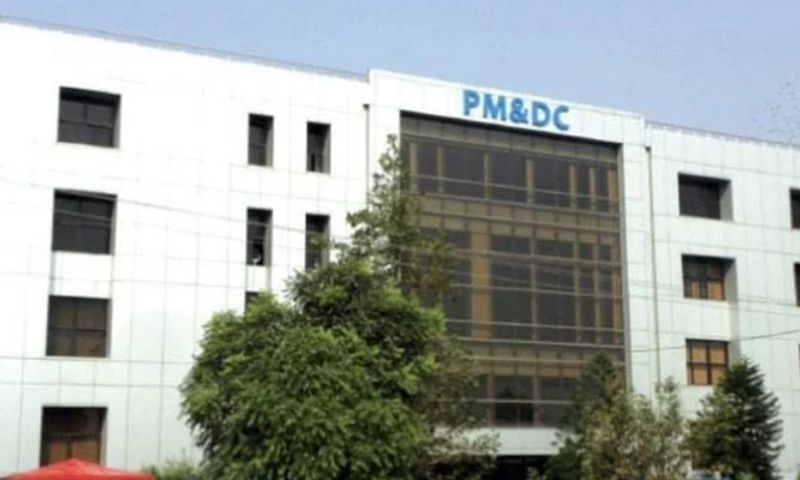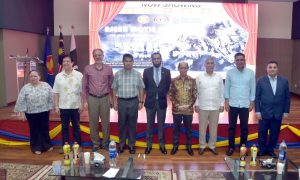ISLAMABAD: Pakistani students will now need a No-Objection Certificate (NOC) from the Pakistan Medical and Dental Council (PMDC) to pursue medical education abroad, as many students have been enrolling in colleges and universities that are not recognized in the host nations, local media reported on Tuesday.
A leading newspaper cited an official in the Ministry of National Health Services, Regulations and Coordination as saying that in addition to the requirement of an NOC from the PMDC, ‘some other checks’ are also under contemplation to ensure that Pakistani students receive medical and dental education only at recognized educational colleges and universities abroad.
It added that without an NOC from the PMDC, no Pakistani student will be permitted to go abroad for medical education from now onwards. A decision in this connection has already been taken by the Council of PMDC and it will effective from session 2024, an NHS, R&C official stated, saying that other steps are also being considered to prevent Pakistani students from being lured into substandard medical educational institutions.
According to official data, about 3,000 students go abroad each year for medical education, with the majority going to China, followed by Central Asian nations and Afghanistan. The official claimed that China is the most popular nation for Pakistani students seeking medical, followed by Central Asian states such as Uzbekistan, Kyrgyzstan, and Tajikistan and Afghanistan. Pakistani students also go to Russia, Azerbaijan, Ukraine, Malaysia, Belarus, Iran, Turkey, and Eastern European nations like Romania for medical education.
The official said that there are currently about 15,000 to 18,000 students receiving medical and dental education abroad, and it is estimated that about 300 million US dollars are being spent annually on their education in these nations.
On average, each family pays about 5,000 to 6,000 US dollars annually for medical education abroad. Although no official data is available, it is estimated that more than 300 million US dollars are spent annually on medical education abroad, the official said.
The health ministry official further said that many students enrolled in medical programs abroad are attending substandard colleges that do not provide proper clinical exposure. Upon completion of their degrees, these students are needed to do their house jobs in Pakistan rather than in the host nations. When these students return to home, they must pass the National Licensing Examination to be eligible to practice medicine. Unfortunately, the majority of foreign-qualified medical students fail to pass the national licensing exam, the official added.
The official further said that language is a significant barrier for Pakistani students, as medical education in countries like Russia, China, and Central Asian states is conducted in the host nations’ national languages. This language barrier makes it difficult for Pakistani students to pass their exams.
In response to a question, the official said that there were about 21,000 students enrolled in 185 public and private medical and dental colleges in Pakistan for the academic year 2023-24, and that Pakistani medical colleges are producing more doctors than the required number in Pakistan.
The officials said that at present, medical and dental colleges in Pakistan are producing a sufficient number of doctors and dentists, so there is no need to go abroad for medical education. However, around 3,000 students still go abroad annually for medical education, 30 percent of whom are females, he further said.























